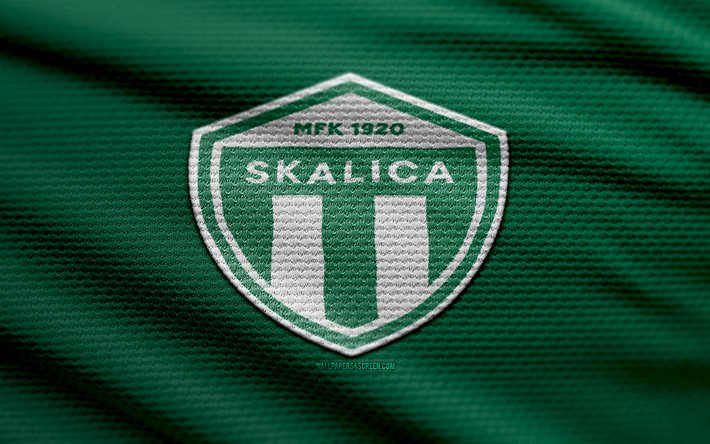
Nottingham Forest FC History: From Glory to Revival
Nottingham Forest FC is a football club that has woven itself into the fabric of English football history. Founded in 1865, this team from Nottingham has experienced moments of unparalleled glory and periods of struggle. Throughout its existence, Nottingham Forest FC has displayed resilience and passion, embodying the spirit of revival that characterizes many clubs with rich histories. This article explores the journey of Nottingham Forest FC—from its glorious heights in the late 20th century to the renewed ambitions of today.
The Origins of Nottingham Forest FC
The story of Nottingham Forest FC begins in the 19th century, at a time when football was evolving into an organized sport. As one of the oldest football clubs in the world, Nottingham Forest has played a pivotal role in shaping the landscape of English football.
Early Years and Formation
In the mid-1800s, as industrialization transformed societies across Britain, the need for recreational activities grew. In 1865, Nottingham Forest FC was established by a group of local cricketers who sought to create a football team to play during the cricket off-season. The early matches were played on meadows and fields before moving to more formal grounds.
The club quickly gained recognition in local competitions. They were instrumental in promoting the game in Nottingham and had a hand in the formation of the Football Association in 1863. This involvement allowed them to be part of the discussions surrounding the establishment of standardized rules for the game.
Rise to Prominence
As football gained popularity, Nottingham Forest began to ascend through the ranks of regional competitions. By the early 1900s, they were competing in the Football League, where their performances began to draw attention.
The turn of the century marked a significant period for Nottingham Forest FC, as the club secured its first major trophy—the FA Cup—in 1898. This achievement signaled the beginning of their journey towards becoming a prominent force in English football.
Moreover, it laid the groundwork for future successes while cultivating a sense of pride among fans. The club’s early achievements helped to establish a loyal following, which would become instrumental in supporting the team through later challenges.
The First World War and Aftermath
World War I had a profound impact on life in Britain, including sports. Many players enlisted, and normal football operations were disrupted. Following the war, Nottingham Forest FC faced the challenge of rebuilding both the squad and the infrastructure.
However, the post-war era also presented opportunities for growth. The club started to embrace modern training methods and tactics, leading to improved performances on the pitch. During this time, several notable players emerged, contributing to the club’s reputation and competitiveness.
Throughout the 1920s and 1930s, Nottingham Forest continued to vie for honors, but it wasn’t until the mid-20th century that they truly began to shine.
The Glory Years: European Champions
The late 1970s and early 1980s witnessed the pinnacle of Nottingham Forest FC’s achievements. Under the management of the legendary Brian Clough, the club transformed into a formidable force in both domestic and European football.
Brian Clough’s Arrival
Brian Clough joined Nottingham Forest in 1975, taking over a team struggling near the relegation zone of the Second Division. Clough’s charisma, unyielding determination, and innovative tactical approach revitalized the club. He instilled discipline and a winning mentality, fostering a culture of belief that resonated throughout the squad.
Clough’s partnership with Peter Taylor, his assistant, was crucial to the team’s development. Together, they scoured the lower leagues for hidden talent while meticulously crafting a side that could compete at the highest levels. Their synergy became a hallmark of success for Nottingham Forest FC.
The 1976 Promotion and FA Cup Victory
After just one season under Clough’s leadership, Nottingham Forest achieved promotion to the First Division in 1977. This accomplishment set the stage for what was to come.
In 1978, Nottingham Forest added the FA Cup to their honors list, defeating Liverpool in the final. This victory not only solidified their status as a top-tier club but also showcased Clough’s remarkable ability to lead his team to triumph against formidable opposition. Winning the FA Cup served as a precursor to even greater successes that awaited the club.
Back-to-Back European Titles
Following their domestic success, Nottingham Forest made history in European competitions. In 1979, the club won the European Cup, marking a historic moment as the first English club to achieve this feat after the ban on English clubs in European competitions had been lifted.
The triumph over Malmö FF in the final highlighted Clough’s tactical genius and ability to motivate his players to perform on the biggest stages. The very next year, Nottingham Forest defended their title successfully, becoming the first club to win back-to-back European Cups since the competition’s inception.
These victories placed Nottingham Forest on the global football map, leaving an indelible mark on the club’s history and creating a legacy that resonates with fans even today. The connection between the players and supporters deepened as they celebrated these monumental achievements together.
Legacy of the Glory Years
The success achieved during this era galvanized the Nottingham Forest fanbase and established a tradition of excellence that future generations would aspire to replicate. The iconic red shirt became synonymous with triumph, and the club’s success story inspired countless young players dreaming of wearing the colors of Nottingham Forest FC.
While subsequent years brought challenges and changes in ownership, the foundation laid by Clough and his players ensured that Nottingham Forest would always be remembered as one of England’s most storied clubs. The memories of their exhilarating attacking football and proud accomplishments remain vivid in the hearts of fans worldwide.



